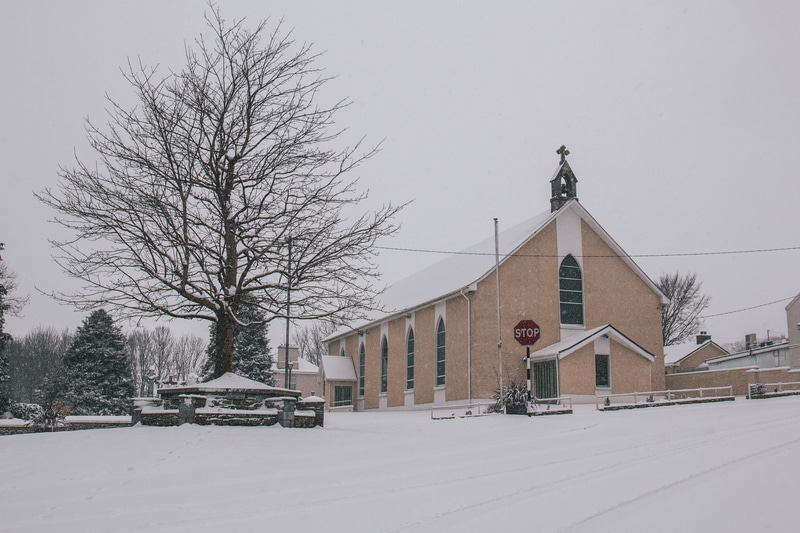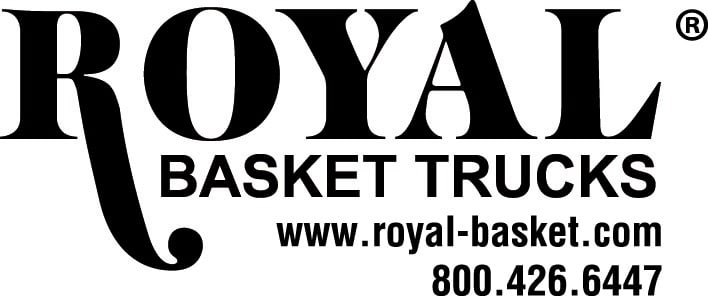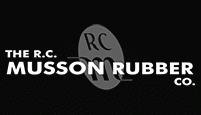Make your property safety and maintenance plans more effective with clear communication.
Property claims are the most common ones we see, but a few proactive conversations and preparation can go a long way toward keeping your sanctuary as safe as possible.
Building stronger communication with your team in the following two areas can help prevent your worship center from facing the top three property claims we see – wind/hail, fire and water damage.
Routine Maintenance
Routine maintenance can help prevent damage from all three of the biggest property threats to our house of worship: wind/hail, fire and water.
However, just because something is “routine” doesn’t mean everyone on your team knows what their role is in seeing these tasks through.
Here are some points of communication to help ensure these important tasks get done:
- Where? Roofs, sprinkler systems, smoke detectors, fire extinguishers, HVAC systems, insulation – all of these require routine maintenance or regular inspections. Create a list of everything that needs checked and how often.
- Who? After your team has identified all the items that require routine maintenance, clearly communicate who is responsible for scheduling these tasks, either internally or with outside vendors. You may want to schedule reoccurring meetings to keep everyone informed on their roles.
- When? It’s bound to happen that during routine maintenance, something will need repair. Create a plan of action based on the damage and priority level of the repairs. Develop a timeline of how quickly repairs should be completed and assign a member of the team to oversee the work.
Storm Watch
Weather can wreak havoc on worship centers. Wind, hail and freezing temperatures can all lead to costly repairs.
Help mitigate the potential damage to your property by communicating to your team how to prepare for upcoming storms.
- What? First, identify your worship center’s risk to severe weather and what measures your team can take to help prevent damage. For example, does your worship center regularly face snowstorms, tornadoes, floods or hurricanes? What is the action plan for each of these potential storms? Again, developing checklists for each type of event can better prepare your team and help communicate expectations.
- Where? Communicate where the areas of most concern are during severe weather. If the forecast calls for excessive wind and rain, this could mean windows, doors or even outdoor equipment that could become airborne. These areas should be protected before the storm, and then assessed for damage afterward.
- Who? Designate tasks to team members. For example, who will be responsible for boarding windows, checking on freezing pipes, etc.?
Even the best laid plans and most careful communications can fail. If that happens, it’s vital that you have the right insurance coverage to help your worship center recover.
Speak to your agent, before you experience a loss, to determine the best policy for your house of worship.
This information is courtesy of Glatfelter Religious Practice (GRP), which specializes in insurance and risk management programs for churches and other religious institutions and is a division of Glatfelter Insurance Group (an AIG company), one of the largest program managers in the U.S., www.glatfelterreligiouspractice.com.














